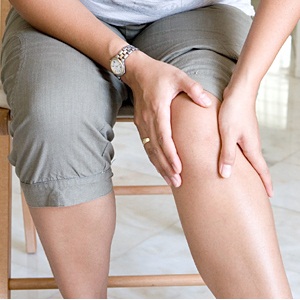How to Evaluate Grade 3 Arthritis of the Knee

Arthritis is a common problem which millions of people around the world face today. It cannot be completely cured, but like numerous other diseases, there are ways to effectively treat it and minimize the effect it may have on the lives of those who suffer from it.
As we age, we are more prone to develop such conditions sue to the wearing away of the protective cartilage around our bones and joints. The knees and hands are most commonly affected by arthritis and there are also many stages of the diseases, which should be detected at the earliest possible time to help make effective decisions as to what treatment is required for it.
Instructions
-
1
Know the Stages
When talking about Grade 3 arthritis, it is basically the last stage before the knee joints have to be replaced by synthetic ones because of the wear and tear that has taken place. Grade 4 is the last stage and is when the replacement is required, but detecting Grade 3 arthritis is possibly through a doctor looking at images of the knee joint and seeing where the areas of decay and wear are. -
2
Go to an Expert
A regular doctor can only help in diagnosing the condition, but in order to properly treat it and avoid any further issues, you will need to see an expert in the field, who is known as an orthopedic specialist. This sort of bone specialist will be able to determine the cause as well as treatment in a more effective manner. -
3
Symptoms
There are various symptoms that you will face when suffering from grade 3 arthritis, or any other level of it as a matter of fact. Pain in the specific joint is the easiest and foremost sign that you are suffering from the condition and all of this must be shared with your doctor in order to ensure everything is taken into consideration before going ahead with any treatment.
Pain, swelling and problem in moving and staying still in one position are also some common signs of arthritis of the knee. -
4
MRI and X-Ray
It is essential and every orthopedic will give you this advice to get proper MRI and x-ray images taken of the area that is suffering from the above mentioned symptoms. After getting the proper documentation taken care of, only then will the necessary treatment start to ease your suffering and delaying arthritis from spreading as fast as it can.



